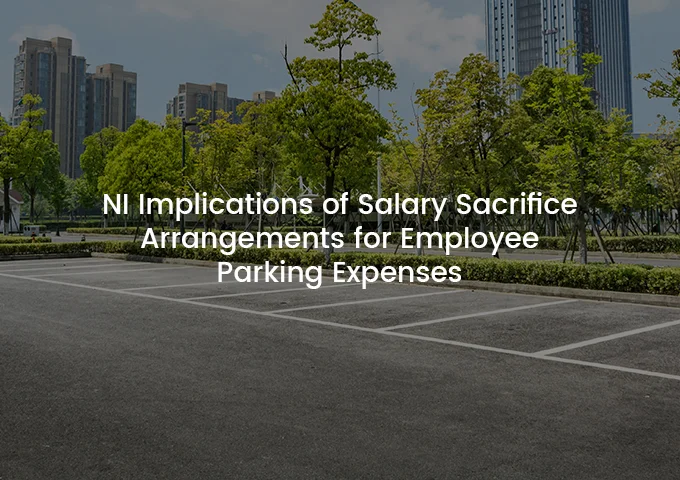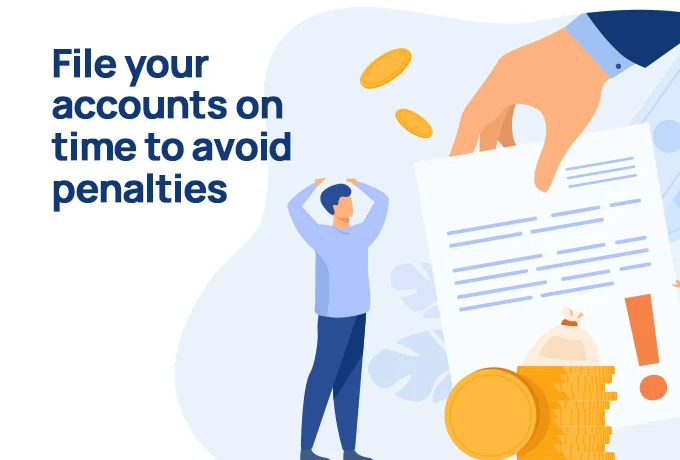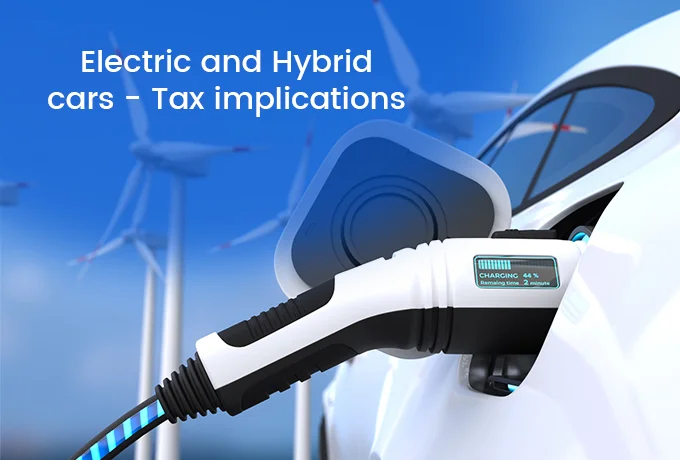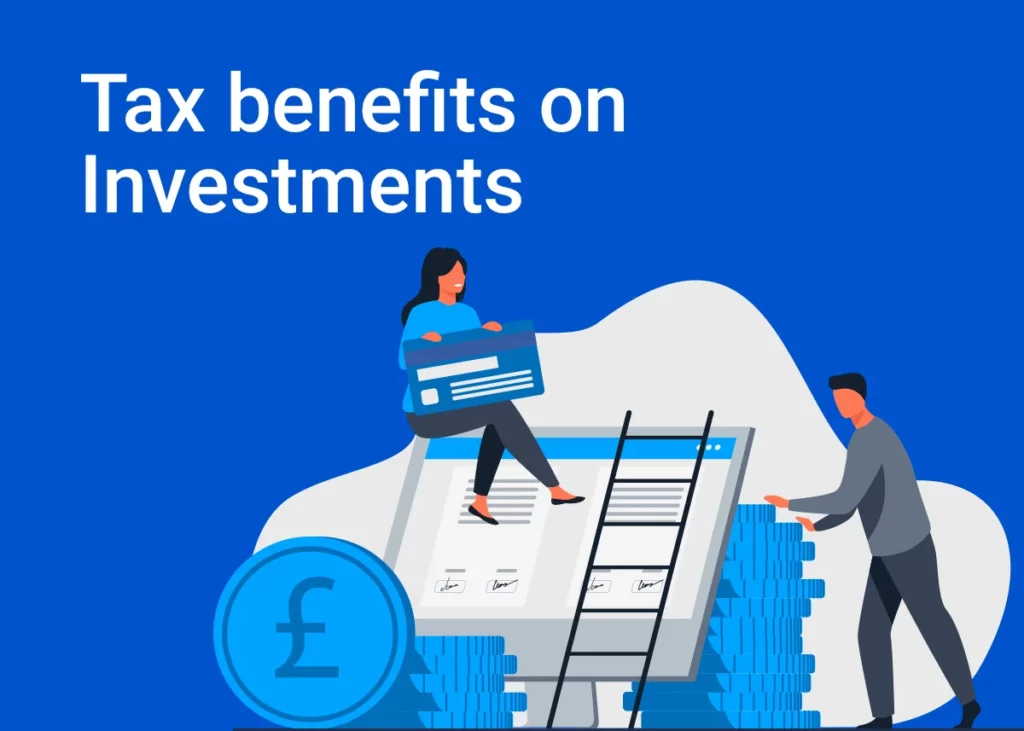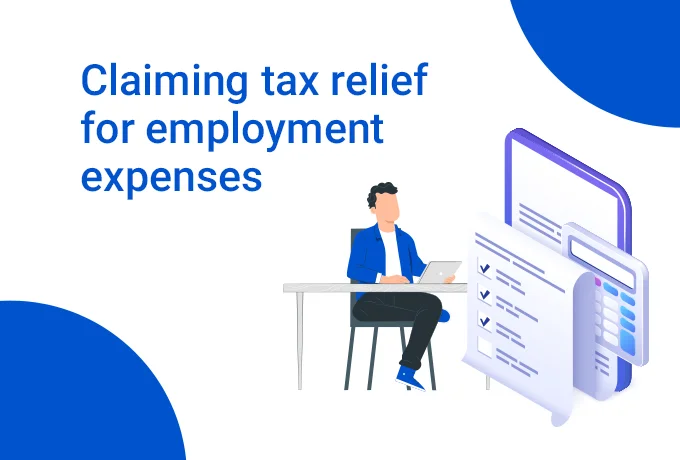Newsletter
Inheritance Tax on Gifts from Non-Resident Parents in the UK
Receiving gifts or assets from parents who are not UK residents is a common scenario, especially in today’s interconnected world. While such gifts can be a source of financial support or a way to pass on family wealth, it’s essential to understand the potential inheritance tax consequences.
Understanding Child Benefits Taxability in the UK
Child Benefits are payments made by the government to support parents or guardians in raising their children. These payments are typically made on a monthly or weekly basis and can provide essential financial assistance for families.
Tax Implications of Salary Sacrifice Arrangements For Employee Parking Expenses
The exemption for parking provision and expenses under section 237 ITEPA 2003 exempts the provision, reimbursement, and payment of parking at or near the employee’s workplace.If an employer were to provide, reimburse or pay for parking facilities and then recover this from the employee’s gross earnings under a salary sacrifice arrangement, the exemption no longer applies, and the provision becomes taxable.
The importance of shareholder agreements
A clear and fair shareholder agreement can help prevent unnecessary disputes from arising. At its simplest, a shareholder agreement governs the rights, obligations, and responsibilities of the shareholders in a company. The content of the agreement can and should vary, depending on the needs and goals of the shareholders, and the nature of the company itself.
File your accounts on time to avoid penalties
Private limited companies, whether they trade or not, must file annual accounts with Companies House each year, including dormant companies. A penalty is automatically imposed if the accounts are late. Penalties range from £150 to £1,500 depending on how late accounts are filed.
HMRC – Let Property Campaign
The Let Property Campaign gives you an opportunity to bring your tax affairs up to date if you’re an individual landlord letting out residential property in the UK or abroad and to get the best possible terms to pay the tax you owe.
Electric and Hybrid cars – Tax implications
It is not uncommon for car dealers to tell buyers that their businesses can recover the VAT on the purchase of an electric car. This is not the case; the block on input recovery on internal combustion cars applies equally to electric and hybrid cars.
Using Lifetime ISA Funds for your first home
You must be a first-time buyer to put the Lifetime ISA towards your first home. A first-time buyer is someone who does not own, and has never owned, a home anywhere in the UK or the rest of the world.To be able to be eligible for the government bonus, you must have opened a Lifetime ISA at least 12 months ago.
Tax benefits on Investments
Government support includes the enterprise investment scheme (EIS) and its sibling, the seed enterprise investment scheme (SEIS) – venture capital schemes designed to encourage, by means of attractive tax reliefs, shareholding investment in growing companies. According to the EIS Association, nearly £30 billion has been invested in more than 53,000 companies since the schemes were created in 1994 and 2012 respectively.
Claiming tax relief for employment expenses
Deduction is allowed from earnings for an expense if the employee is obliged to incur and pay it as a holder of the employment, and the amount is incurred wholly, exclusively and necessarily in the performance of the duties of the employment. It should be noted that the general rule does not apply to travel expenses, which have their own set of rules.



